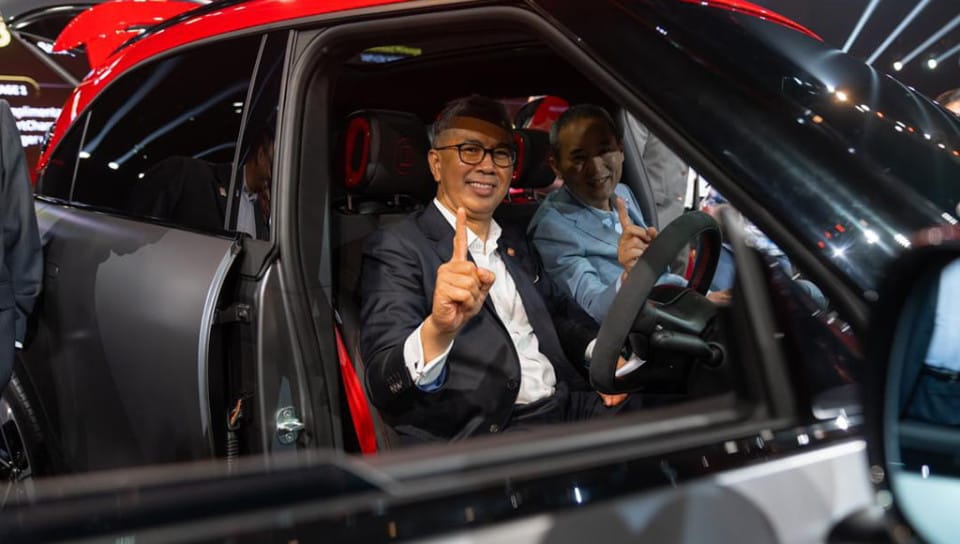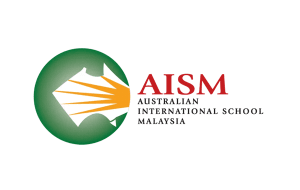MALAYSIA is determined to capture a significant share of the fast-growing Asean electric vehicle (EV) market projected to reach US$2.7 billion (RM12.61 billion) by 2027.
Minister of International Trade and Industry Tengku Datuk Seri Zafrul Tengku Abdul Aziz (picture) said the market was valued at nearly US$500 million in 2021, with an expected compound annual growth rate (CAGR) of 33% from 2022-2027.
According to him, Malaysia has created a complete ecosystem for the EV and Next Generation Vehicles (NxGV) industries, giving it a competitive edge to draw in additional high-value investments.
“In getting the fundamentals right on our NxGV ecosystem, we are diligently building the necessary infrastructure to achieve our target of having EVs and hybrids account for 20% of new car sales by 2030; 50% by 2040; and 80% by 2050,” he said when launching the E-mobility Asia 2023 in Kuala Lumpur today.
Strategic Initiatives
Tengku Zafrul said Malaysia is responsible for 13% of global chip testing and packaging and 7% of the semiconductor commerce in the world.
He stated that MITI and its subsidiary, the Malaysian Investment Development Authority (Mida), are ardently advocating for increased investments in semiconductors.
Tengku Zafrul also noted that the government has been actively promoting policies, and Malaysia has developed a robust electrical and electronics (E&E) sector over the past 50 years, particularly in semiconductors, solidifying its position in the global supply chain.
“Malaysia has become a highly attractive destination in the region for all EV investors because of these established existing ecosystem advantages that are highly conducive for the development of EVs and their related components.”
Mida has authorised 59 projects totalling RM26.2 billion in the EV and associated ecosystems between June 2018 and June 2023. These projects included car assembly, part manufacturing and component charging.
Malaysia Welcomes E-Mobility
Tengku Zafrul praised E-mobility Asia 2023, which commenced today and runs until Nov 24, as a platform for manufacturers, technology experts and pioneers to showcase their e-mobility offerings.
As such, the minister said that these are the reasons that global automakers like Mercedes Benz and BMW from Europe, as well as Chinese automakers Geely, Chery and BYD Auto Co Ltd, as well as South Korean automaker Hyundai Motor Co, have announced their entry into the Malaysian market.
“Most importantly, the wide range of new mobility solutions can open up technology transfer and innovation for our small and medium enterprises (SMEs), as well as higher-paying jobs for Malaysians,” he noted.
“Towards that end, we also hope to collaborate with our neighbours in Asean — whether they are from Thailand, Vietnam, Singapore, the Philippines or Indonesia — to complement each other’s strengths so we can capitalise on supply chains that have shifted directly on our (Asean) doorstep,” he noted.
He said MITI is constantly reviewing policies to ensure Malaysia’s EV ecosystem is holistic and fully supported to attract high-level investments.
“We look forward to welcoming more multinational EV, NxGV and renewable energy (RE) investors to Malaysia to become our growth partners in developing a strong Malaysian EV supply chain to meet the needs of the regional and global market,” he concluded.























